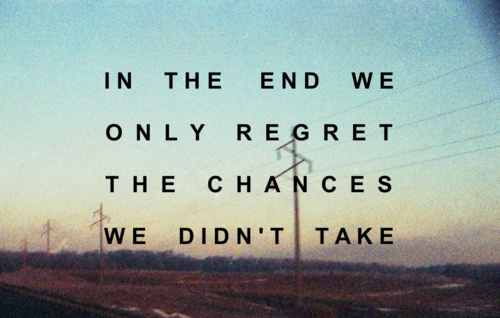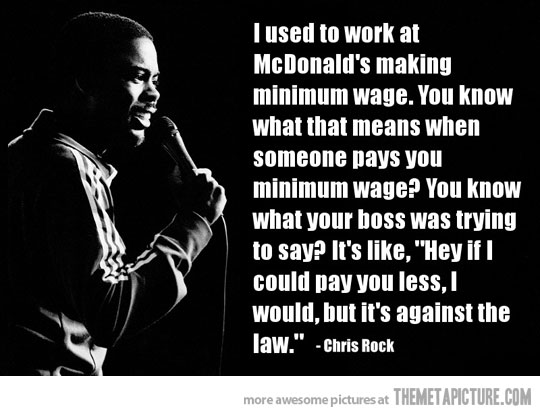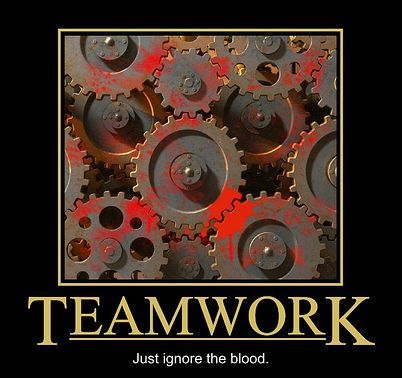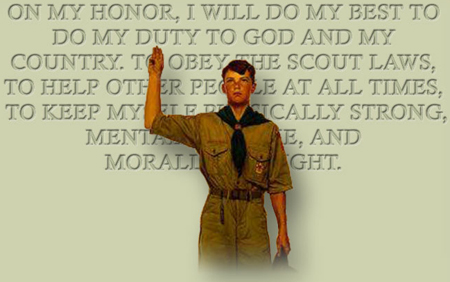Live Without Regrets: These Are The Top 5 Career Regrets
live without regrets, first you need to know what the most common ones are. Over at Harvard Business Review, Daniel Gulati discusses his informal study of people's biggest regrets about their career. He talked to professionals who ranged in age and represented a variety of different industries but five ideas came up again and again: 1. I wish I hadn't taken the job for the money. "By far the biggest regret of all came from those who opted…
2 minutes
5 quick things you can do today to boost your creativity:
bsp; 1) Want to be more creative? Get happy. Via The Progress Principle: Using Small Wins to Ignite Joy, Engagement, and Creativity at Work: Our diary study revealed a definitive connection between positive emotion and creativity. We looked at specific emotions as well as overall mood (the aggregate of a person’s positive and negative emotions during the day). Overall, the more positive a person’s mood on a given day, the more creative thinking he did that day. Across all study participants, there was…
4 minutes
Why do you read 1000 things about change and never change?
owing isn't doing. I post a lot of stuff about getting better at things. A common response to my posts is "I know that." Knowing is great for watching Jeopardy. It's not nearly as good for life. So why is learning about improvement so easy and actually improving so damn hard? Most any change that requires a lot of consistent mental effort is going to fail because you spend most of the day on autopilot. Via Charles Duhigg’s excellent book The…
5 minutes
10 Videos Guaranteed To Inspire You
bsp; 1) How to be happier Harvard professor Shawn Achor is the author of the wonderful book The Happiness Advantage. 2) Is it better to come in first... or third? Malcolm Gladwell is the author of the bestsellers Blink, Outliers and The Tipping Point. 3) Why do we lie? And why do we lie to ourselves? Great interview with Dan Ariely, author of Predictably Irrational and The Honest Truth About Dishonesty: How We Lie to Everyone---Especially Ourselves. 4) What’s it take to free…
2 minutes
How To Find The Perfect Job For You
ould you follow your passion? It may not be that easy unless we can all be athletes and artists: Via So Good They Can’t Ignore You: Why Skills Trump Passion in the Quest for Work You Love: In fact, less than 4 percent of the total identified passions had any relation to work or education, with the remaining 96 percent describing hobby-style interests such as sports and art. Chase money? Income doesn’t affect job satisfaction at all and job satisfaction affects income more than…
4 minutes
6 Secrets Of Top Performing Work Teams
n't just throw the best people together. How members get along is far more important than their capacities as individuals. What makes for smart teams? It’s not average IQ. It’s social skills. From MIT: A new study published in Science found that three factors were significantly correlated with a group’s collective intelligence — in other words, its ability to perform a variety of tasks collectively, from solving puzzles to negotiating. The three factors are: the average social sensitivity of the members of the group, the extent to which…
5 minutes
This Body Language Makes You Look Like A Leader
's important to balance the appearance of power and warmth. Via The Silent Language of Leaders: How Body Language Can Help–or Hurt–How You Lead: When first introduced to a leader, we immediately and unconsciously assess him or her for warmth and authority. Obviously the most appealing leaders are seen to encompass both qualities, and the least effective leaders are those we regard as cold and inept. But as Harvard Business School professor Teresa Amabile described in an aptly titled article, “Brilliant but…
2 minutes
Can one personality trait determine your future?
search is pointing to conscientiousness as the one-trait-to-rule-them-all in terms of future success, both career-wise and personal. Via How Children Succeed: Grit, Curiosity, and the Hidden Power of Character: "It would actually be nice if there were some negative things that went along with conscientiousness," Roberts told me. "But at this point it's emerging as one of the primary dimensions of successful functioning across the lifespan. It really goes cradle to grave in terms of how people do." What is it? Basically,…
3 minutes







